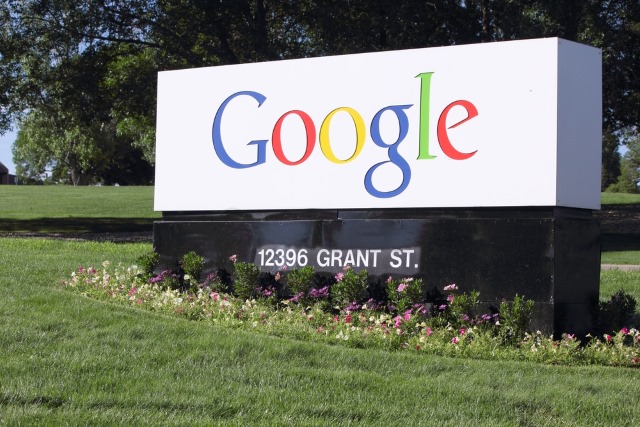
Privacy is in the news more than ever before, and high-profile companies are falling over themselves to show just how much they care about protecting the rights of their users. We've witnessed all of the transparency reports about government data requests after the Snowden revelations. We've seen Facebook trying to create a safer email standard. We've seen privacy violations by government websites, and we've seen how those in positions of power believe that privacy is not an absolute right.
Google -- ever the master of PR -- thinks that it's time more was done to protect the privacy of internet users; specifically those in Europe. Google feels that the US Privacy Act should be extended to cover citizens of the EU. But what does this actually mean?
At the moment, people in Europe do not have the right to challenge how their data is being used in a US court. This is a right enjoyed by those in the US and Google says that it is only right for it to be extended to people in other parts of the world. US citizens can already challenge the use of their personal data in European Courts, and Google's Chief Legal Officer, David Drummond, explains that the favor should be returned:
"Right now, European citizens do not have the right to challenge misuse of their data by the US government in US courts -- even though American citizens already enjoy this right in most European countries. It's why Google supports legislation to extend the US Privacy Act to EU citizens. The Obama Administration has already pledged its support for this change and we look forward to to working with Congress to try and make this happen".
It's a view shared by Barack Obama who only recently expressed his vision for a free and open internet. The president said that everyone has "legitimate privacy interests in the handling of their personal information", but Google puts it a bit differently. Drummond says that while there are real threats in the world, the balance has "tipped too far in favor of the state and away from the rights of the individual".
European Commission representatives are due to visit Washington DC, but whether this amounts to anything, or if Google's dream becomes a reality, remains to be seen.
Photo credit: ljh images / Shutterstock

